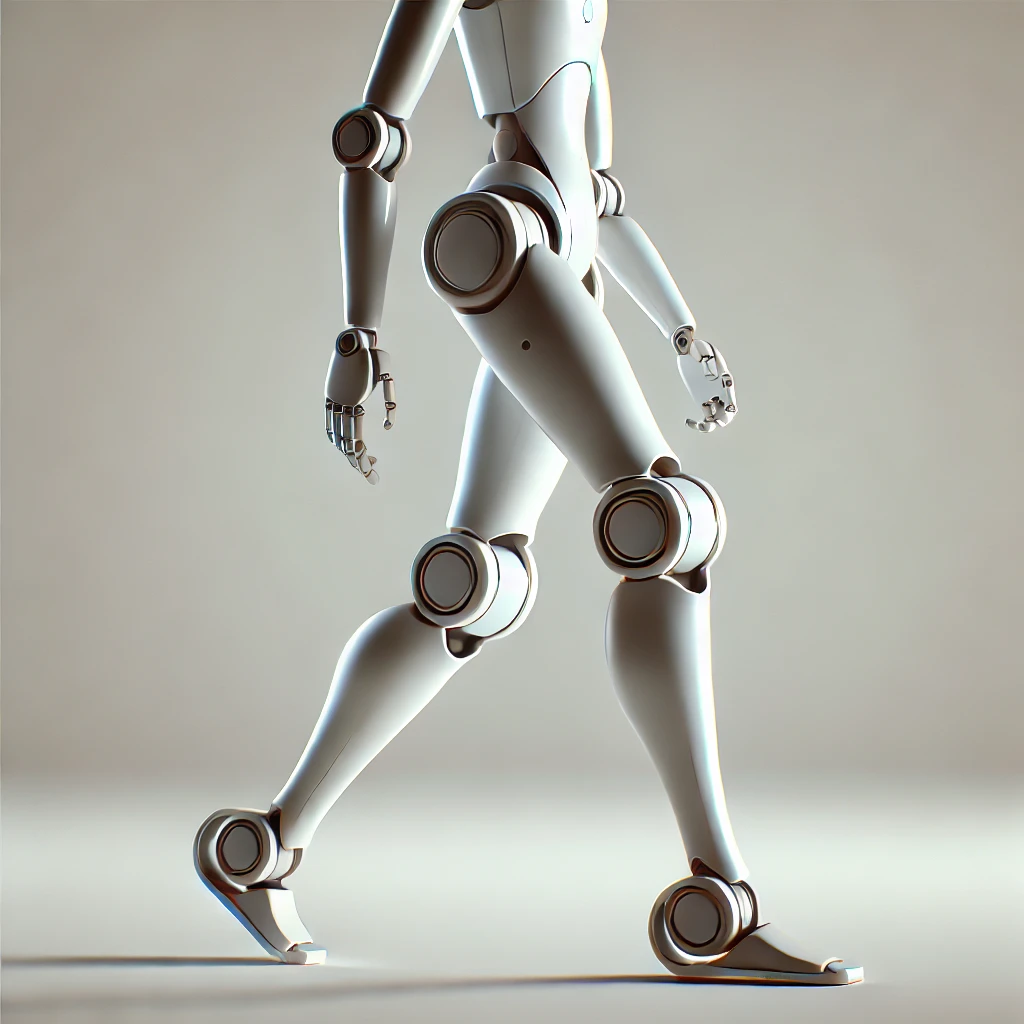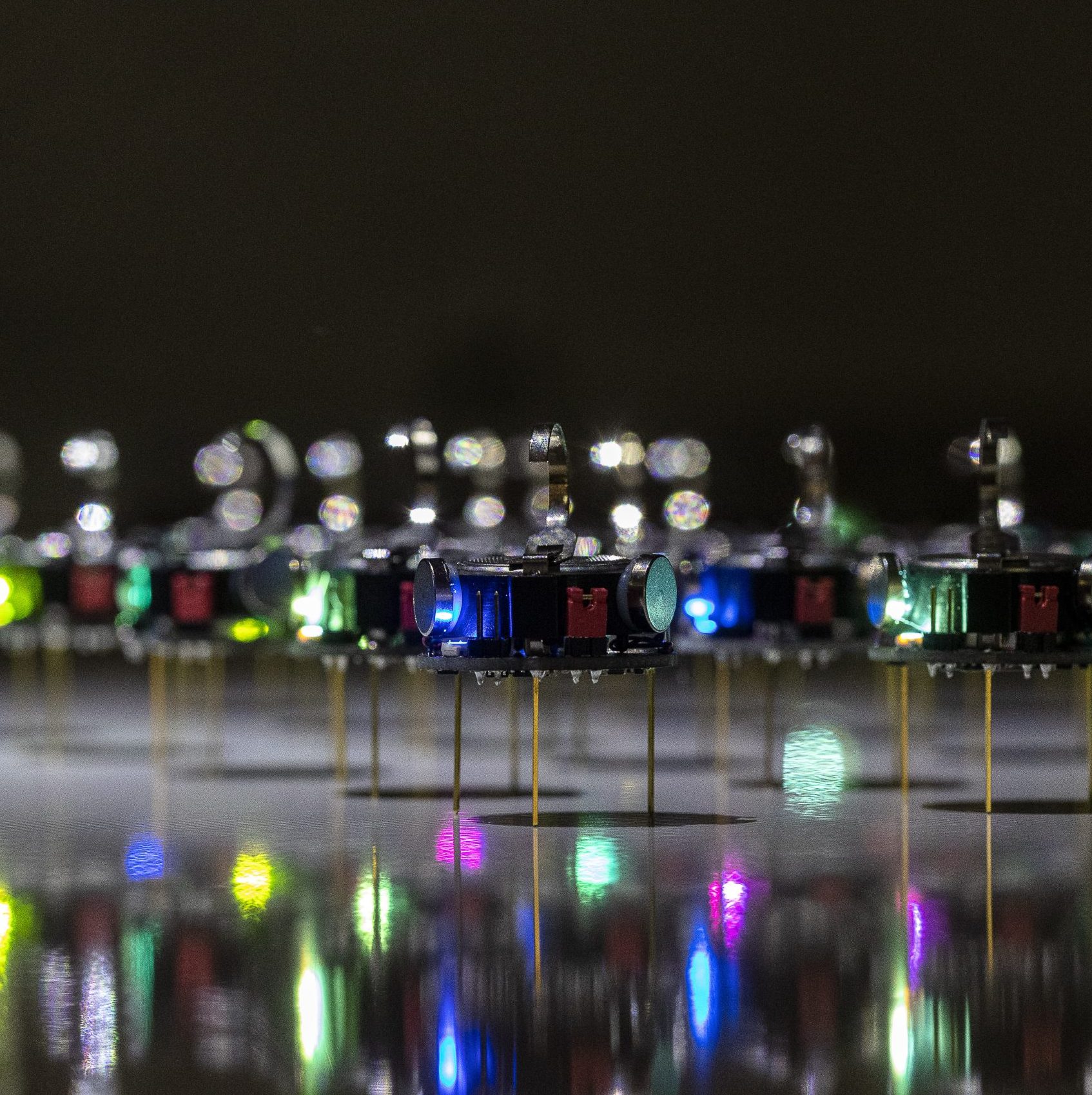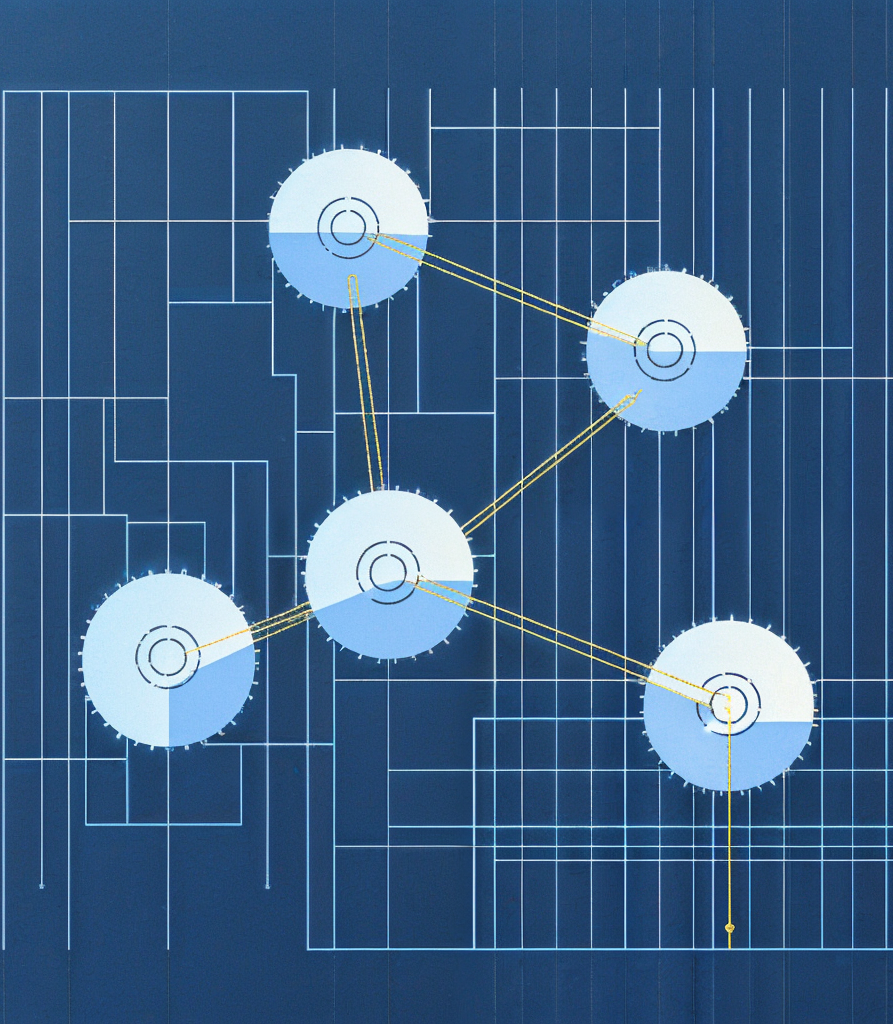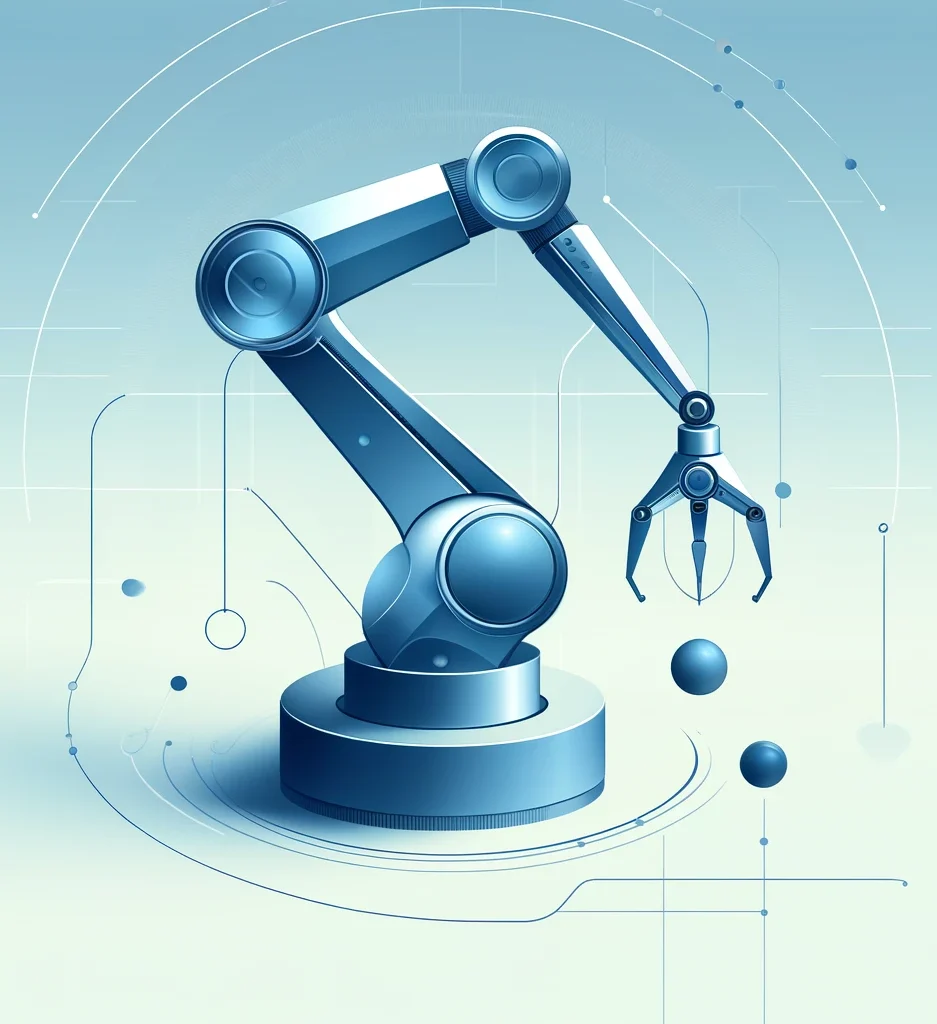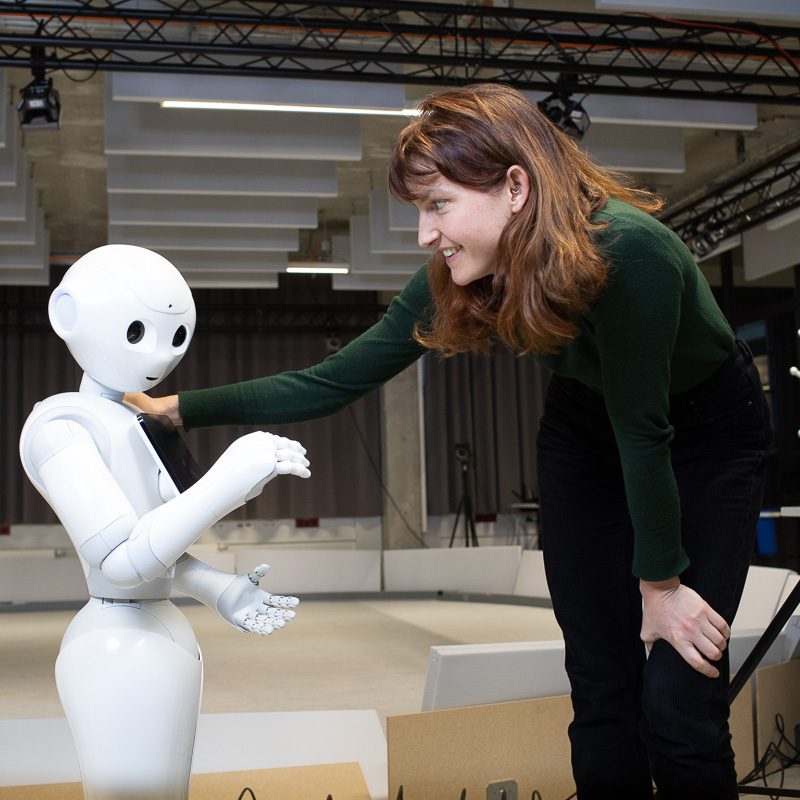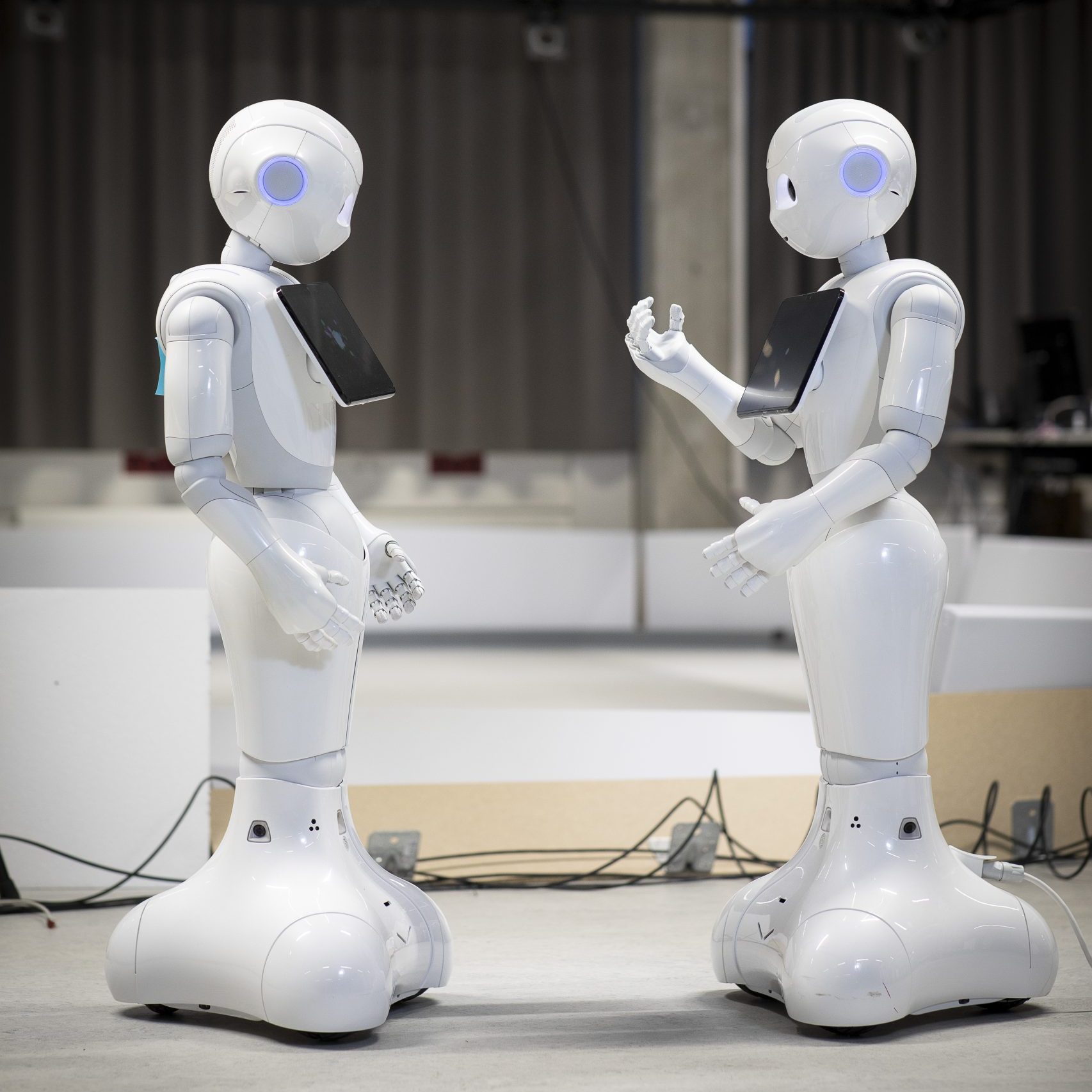
Sylvain Calinon (IDIAP, EPFL), “Frugal Learning of Manipulation Skills in Robotics”
SCIoI, Marchstraße 23, 10587 Berlin, Room 2.057Many applications in robotics would benefit from robots being able to learn manipulation skills from only few demonstrations or trials. This contrasts with the ongoing trend in machine learning of constantly increasing the amount of data required to learn tasks. The main challenge of acquiring manipulation skills from limited training data is to find inductive


